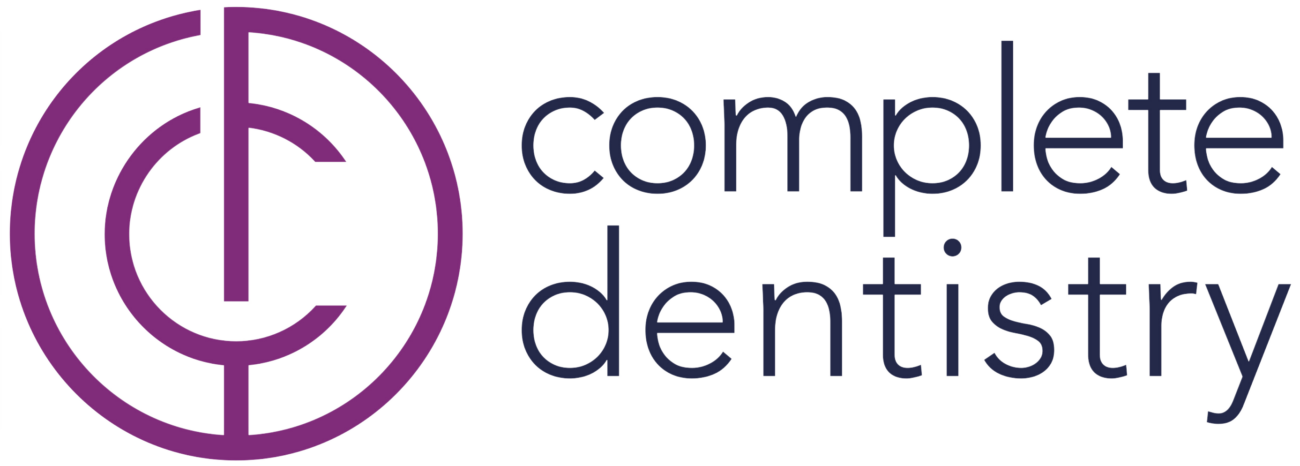Your teeth may look like they’re just sitting there in your mouth doing nothing, but in fact, there’s a lot going on. First of all, teeth “know” where they’re supposed to be, and when they don’t “meet up” correctly – that is, when the upper teeth and lower teeth don’t align properly – clenching and grinding can be the result. Even though it seems pretty harmless at first, clenching actually can cause a lot of problems, including these three:
Headaches
Your jaws are strong – probably a lot stronger than you realize. When you clench your teeth and clamp down on your jaws, you’re applying as much as 250 pounds per square inch on your teeth. If you clench your teeth repeatedly – especially during the night when you aren’t able to consciously stop the behavior – you’re constantly exerting that type of pressure on your teeth and on your facial muscles.
The result: Muscle strain in and around the face, head and neck that can result in chronic headaches. Clenching-related headaches can occur at any time, but if you wake up with a headache or develop a headache soon after waking, there’s a really good chance that it’s due to the muscle strain arising from a night of clenching your teeth.
Jaw pain
Jaw pain occurs in much the same way as headaches. Thanks to that 250 psi of pressure, when you clench your teeth, your jaw joints are being continually compressed and the structures that make up your jaw are being squeezed and strained as well. Most people who clench during the night do so for prolonged periods with only brief rests in between. That means the structures of your jaw are under near-constant pressure.
In addition to muscle strain, the bones, tendons and other joint structures can become irritated and inflamed over time, resulting in significant jaw discomfort even when performing tasks that normally would not cause pain, like chewing, swallowing or even speaking.
Receding gums
Did you ever hear the saying, “He (or she) is getting a little long in the tooth” to refer to someone who’s getting older? That’s because as we age, gums tend to recede, generally as the result of improper care combined with years of abuse from clenching, grinding or the consequences of an unbalanced bite. Your gums protect the root and nerves of your teeth and, of course, they help your teeth “stay put.”
They also help prevent harmful bacteria and other pathogens from entering the root space here they can cause infection and abscesses to form. When gums begin to recede, more of the lower tooth surface becomes exposed; and it they recede far enough, the result can be tooth sensitivity, loose teeth, decay or even tooth loss, not to mention a less-than-attractive “gummy” appearance.
These are the three most common problems clenching can cause, but there are others, including cracks and fissures that can occur from the continual pressure that’s exerted on the tooth when you clench. Those tiny openings provide the perfect spots for bacteria to hide and multiply, eventually causing decay to form.
If you’re experiencing any of these symptoms or if you’re aware that you have a habit of clenching your teeth, it’s important to see your dentist right away to prevent further damage from occurring. Contact us today using our online form or give us a call at 859-296-9711 to schedule your consultation
